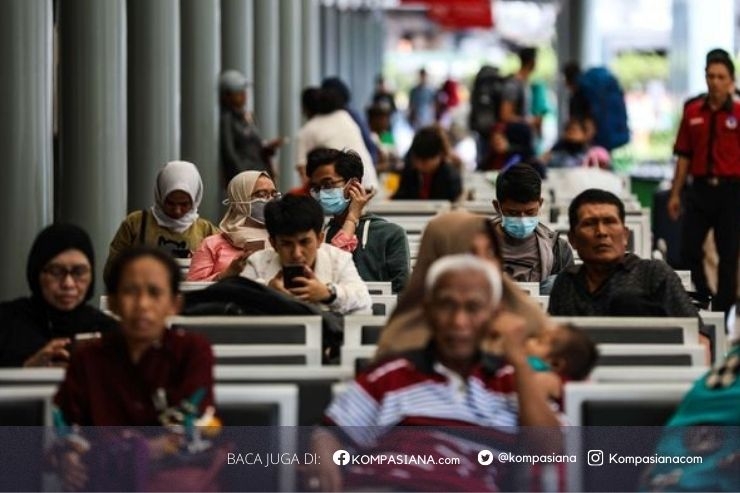Examining Regressive and Progressive Tax Structures
The sources highlight the importance of understanding the distribution of the tax burden within the Indonesian tax system. Studies have shown that the tax system in Indonesia is often regressive or proportional, meaning that the tax burden falls disproportionately on the lower-income groups (Meiryani et al., 2022) (Huang, 1976).
One key factor contributing to this issue is the reliance on indirect taxes, such as value-added tax and luxury sales tax, which tend to be regressive in nature. These taxes can have a significant impact on the purchasing power of lower-income individuals, as they consume a larger proportion of their income on goods and services subject to these taxes.
In contrast, progressive tax structures, which impose higher tax rates on higher-income individuals and corporations, can be more effective in addressing income inequality.
The government's efforts to adjust non-taxable income, aimed at increasing purchasing power and stimulating economic growth, are a step in the right direction. However, the effectiveness of these tax incentives in reducing inequality remains to be seen and will be a focus of this research paper.
Investigating the Effects of Tax Incentives
The sources highlight the government's use of tax incentives, such as the adjustment of non-taxable income, as a means of increasing the people's purchasing power and stimulating economic growth.
However, the impact of these tax incentives on income inequality remains a subject of debate.
To better understand the effects of tax incentives on income inequality, this study will examine the distribution of the tax burden across different income groups, as well as the specific impacts of non-taxable income and other tax instruments.
Considering the Influence of Wealth Distribution
The sources also suggest that government policies, including tax policies, may discriminate against the relatively poorer rural sector in favor of the richer urban sector. This highlights the importance of considering the broader context of wealth distribution and regional disparities in the analysis of Indonesia's tax system.







